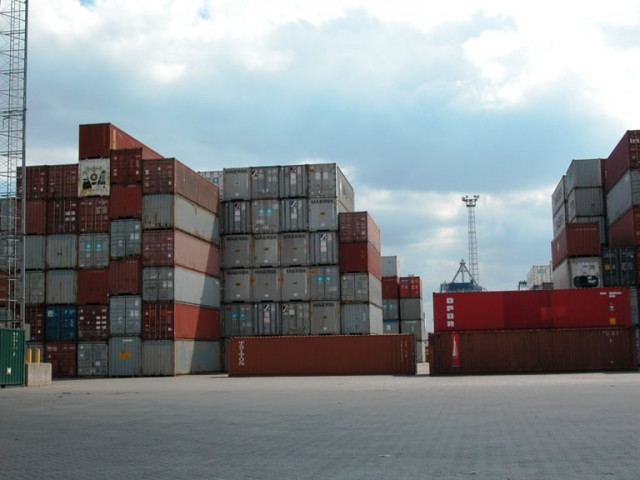Fertiliser shortage: Saudi Arabia expected to provide $172m
Loans will be for urea import, development projects in Malakand, Waziristan.

Saudi Arabia is likely to extend two loans totalling $172 million for import of urea to meet Rabi crop requirements and initiating development projects in militancy-hit regions amid apprehensions wheat production target may be missed for the second consecutive year due to urea shortage.
An official of the finance ministry told The Express Tribune that the Saudi Fund for Development is expected to sign two separate agreements to this effect. The fund’s board would consider today (Wednesday) the approval of $100 million loan for import of urea, he added.
In addition to that, the fund is likely to extend $72 million for initiating about a dozen projects in Malakand, South and North Waziristan, regions worst affected by the war on terror and extremism. These are concessionary loans and the fund would charge around two per cent mark-up, said the official.
After a slowdown in foreign loans due to government’s inability to initiate energy and tax reforms, the economic managers have started exploring non-conventional options to get funds for development schemes. The World Bank and the Asian Development Bank have slowed fund releases as the International Monetary Fund (IMF) has not given Letter of Comfort to Pakistan.
The government finances its development projects either through borrowing from domestic sources or from international lenders as the narrow tax base hardly provides revenues to meet non-development expenditures.
The finance ministry official said if $100 million is approved, it would be used to purchase urea from Saudi Basic Industries Corporation. It would be the second such loan as Saudi Arabia has already provided $300 million for the purpose.
There are apprehensions that the country may miss the wheat production target of 25 million tons this season due to urea shortage. Domestic urea production has dropped sharply following suspension of gas supply to some fertiliser plants.
The State Bank of Pakistan, in its recent report on state of economy, said “given the logistics facilities at ports, there is a risk that availability of urea at farms can be delayed”.
According to the Annual Plan 2011-12, drafted by the Planning Commission, contribution of balanced use of fertiliser to yield is estimated at 30 to 60 per cent in different crop producing regions of the country.
Any shortfall in wheat production will have significant impact on the overall economic growth. The government has already revised downward the annual growth target of 4.2 per cent to 3.6 per cent in the aftermath of floods in Sindh.
To meet urea needs for the Rabi season, the Economic Coordination Committee of the cabinet has already approved import of 1.2 million tons. The Trading Corporation of Pakistan has so far floated tenders for import of 700,000 tons, of which over 400,000 tons have reached the country.
Published in The Express Tribune, December 28th, 2011.


















COMMENTS
Comments are moderated and generally will be posted if they are on-topic and not abusive.
For more information, please see our Comments FAQ